
Is it Cheaper to Buy a New Home or Remodel?
When it comes to owning a home, there are many factors to consider. One of the biggest decisions homeowners face is whether to buy a new home or remodel their current one. Each option has its own set of advantages and challenges that can significantly impact your lifestyle and budget.
Both options have their own pros and cons, making it difficult to determine which is the more cost-effective choice. In this article, we will explore the different factors that can affect the cost of buying a new home or remodeling an existing one. Ultimately, understanding these factors can help you make an informed decision that best suits your needs and budget.
Which is Cheaper?
On average, remodeling an existing home tends to be cheaper than buying a new home. The cost of remodeling can vary widely depending on the scope of the project, the materials used, and whether you hire professionals or opt for a DIY approach. However, remodeling typically allows homeowners to spread out costs over time and focus on key areas that need improvement, potentially increasing the home’s value.
On the other hand, purchasing a new home often involves significant upfront costs such as down payments, closing fees, and moving expenses. Additionally, new homes may also require customization or minor upgrades to suit your preferences, further adding to the cost. Ultimately, while remodeling can be more economical, the decision should also consider personal circumstances, market conditions, and long-term goals.
The Cost of Remodeling an Existing Home
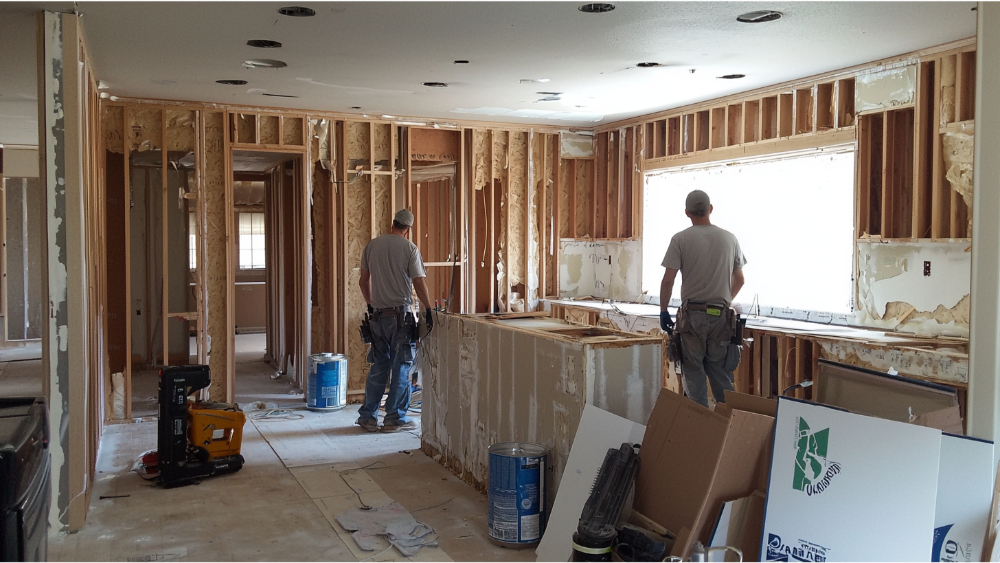
Remodeling an existing house also comes with its own set of costs. Depending on the extent of the remodel, labor and materials can add up quickly. It's important to have a budget in mind and stick to it to avoid overspending.
One advantage of home renovation is that you have more control over what changes are made and how much you want to spend. You can prioritize certain areas or projects that are most important to you and gradually complete other renovations as your budget allows.
It's also worth considering the potential return on investment (ROI) for your remodel. Some upgrades, such as kitchen renovations or adding an extra bathroom, can increase the resale value of your home and potentially yield a higher ROI when it comes time to sell.
Why Remodel Your Home?
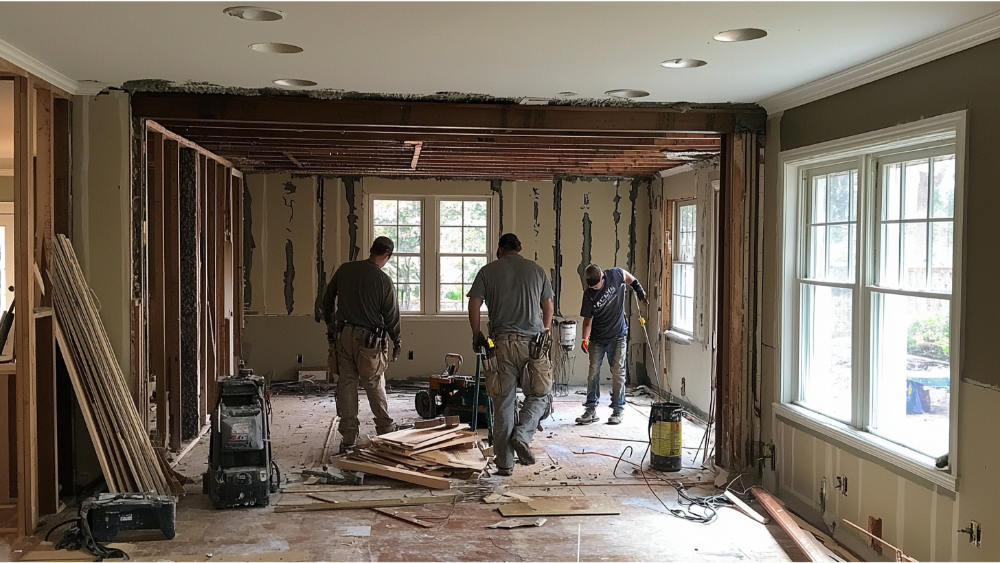
There are many reasons why homeowners may choose to remodel instead of buying a new home. Some may have an emotional attachment to their current home and want to make it more suitable for their changing needs. Others may be looking to increase the value of their home or avoid the hassle and expenses of moving.
Additionally, remodeling can give homeowners the opportunity to customize their living space and create a unique and personalized home that fits their specific preferences and lifestyles.
Financial Implications of Remodeling
While remodeling may seem like a more cost-effective option, it's important to consider all financial implications. In addition to the initial materials and labor costs, there may be hidden or unexpected expenses that arise during the renovation process.
It's also important to factor in the potential loss of income if you are living in the home during renovations and have to take time off work. Additionally, there may be added costs for temporary housing or storage while your home is being remodeled.
Renovating an Existing Home: Pros and Cons
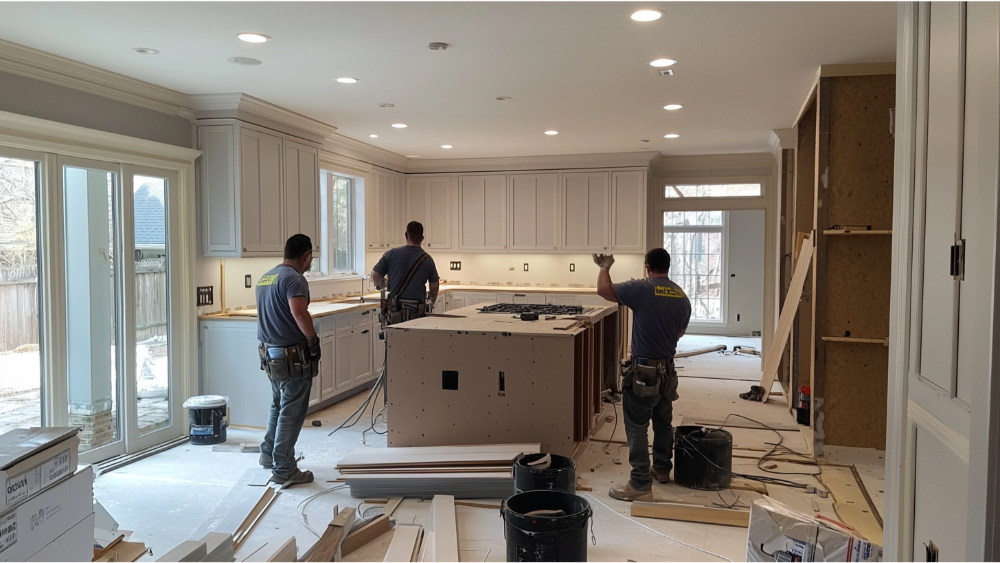
There are several pros and cons to consider when it comes to renovating an existing structure. On the plus side, homeowners gain increased control over design and budget, which can lead to a potential for higher ROI and customization options tailored to specific needs and preferences. This personal touch can enhance the enjoyment of the space and increase its overall value. Additionally, a well-executed renovation can improve energy efficiency, leading to long-term savings on utility bills.
However, home renovation costs may be higher than expected, and renovations can disrupt daily life, leading to potential unexpected expenses or delays. Homeowners might also face challenges in finding reliable contractors and managing timelines effectively. It's essential to conduct thorough research and planning to mitigate these downsides, ensuring that the renovation process is as smooth and rewarding as possible. Properly weighing the pros and cons can help make informed decisions that align with both budget and lifestyle.
The Cost of Buying a New Home
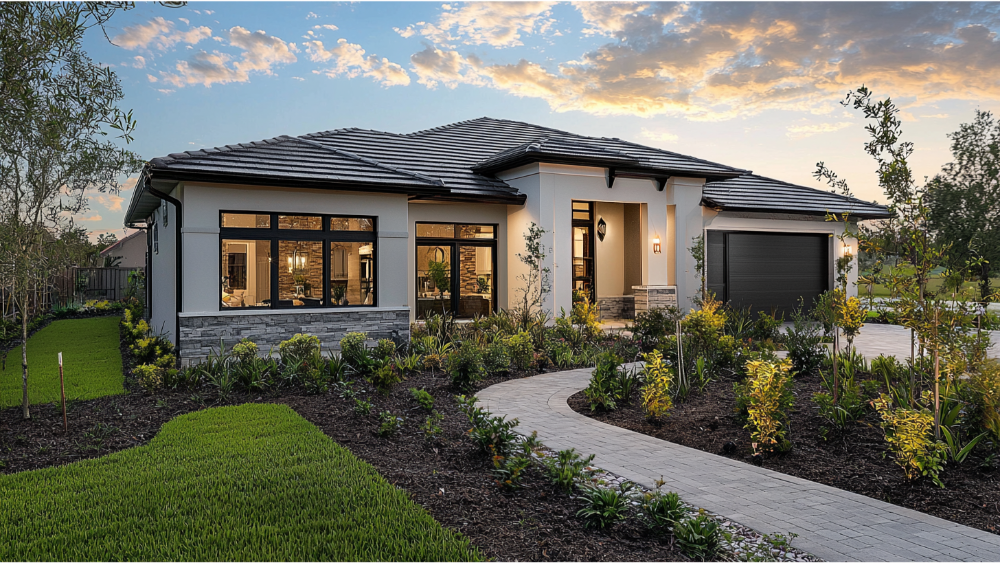
Buying a new home involves more than just paying for the actual house itself. There are additional house costs such as closing fees, real estate agent commissions, and moving expenses. These costs can add up quickly and should be taken into consideration when deciding to buy a new home.
Another factor to consider is the location of the new home. In some areas, housing prices may be higher due to demand or location, making it more expensive to purchase a new home compared to other areas. It's important to research and compare different neighborhoods before deciding on a new home.
Additionally, if you are looking for specific features or upgrades in your new home, this can also drive up the cost. Newer homes may come with modern amenities and appliances that can increase the overall price. It's important to prioritize what is essential and what can potentially be added later through remodeling.
Why Buy a House?
There are several reasons why buying a new home may be the more cost-effective option for some individuals. For starters, there is less risk involved compared to remodeling. When you buy a new home, you know exactly what you are getting and can avoid any unexpected costs or complications that may arise during a remodel.
Buying a new home also allows for immediate occupancy, meaning no additional living expenses while waiting for construction to finish. It also eliminates the need for temporary housing arrangements during the remodeling process.
What Does Buying a New House Involve?
Buying a new home is a complex process that involves multiple steps and parties. It's important to thoroughly research the buying process and understand all costs involved, including closing fees, inspections, and any additional expenses.
One of the most significant costs when buying a new house is the down payment. The amount can vary depending on the price of the home and type of loan, but it typically ranges from 3-20% of the total cost.
Another expense to consider when buying a new home is homeowner's insurance. This protects your investment in case of damage or loss and is typically required by lenders if you have a mortgage.
Financial Implications of Buying a Home
Buying a home can have significant long-term financial implications, including mortgage payments, property taxes, and maintenance costs. These ongoing expenses can add up, making it crucial to carefully evaluate your budget and ensure that you can comfortably manage these financial commitments over time. For instance, mortgage payments often include interest and principal, which can fluctuate based on market conditions. Property taxes can vary significantly based on location, and regular upkeep or unexpected repairs can lead to substantial costs.
Additionally, purchasing a new home may require you to sell your current home, which introduces its own set of expenses. Selling a home often involves paying real estate agent commissions, which typically range from 5% to 6% of the sale price, as well as closing costs that can include title insurance, transfer taxes, and other fees that may arise during the transaction. It’s essential to factor in these costs when planning your move, as they can significantly impact your overall finances and the success of your home-buying journey.
Buying a House: Pros and Cons
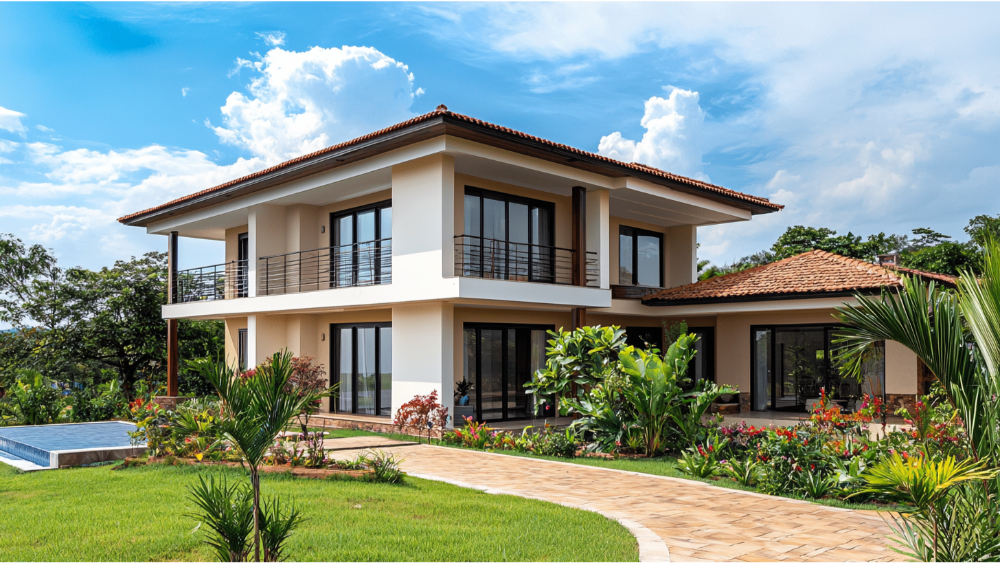
Buying a house has its advantages and disadvantages, just like renovating an existing home. On the positive side, buying a new home means less stress and uncertainty compared to remodeling. It also allows for immediate occupancy and eliminates the need for temporary housing.
However, buying a new home may involve higher upfront costs, including down payments, closing fees, and insurance. It also limits design and customization options, as you are limited to the features already built into the property. Additionally, unexpected expenses or changes in current real estate market can impact long-term financial stability.
It's important to weigh these pros and cons carefully when deciding between buying a new home or renovating an existing one. Ultimately, it comes down to personal
Other Factors to Consider
In addition to the costs mentioned above, there are other factors that can affect the overall cost of buying a new home or new construction on an existing home. These include:
Age and condition of the home
Older homes may require more maintenance and updates, which can add to the overall cost. However, they often come with unique charm and character that newer constructions may lack.
Desired timeline
If you are on a tight timeline, it may be more expensive to buy a new home compared to remodeling your current one in stages. Plus, renovating allows you to customize your space to better suit your needs.
Personal preferences
Some homeowners may prefer the charm and character of an older home, while others may enjoy the modern features of a newly constructed home. Personal preferences can also play a role in the decision-making process.
Frequently Asked Is it Cheaper to Buy a New Home or Remodel Questions
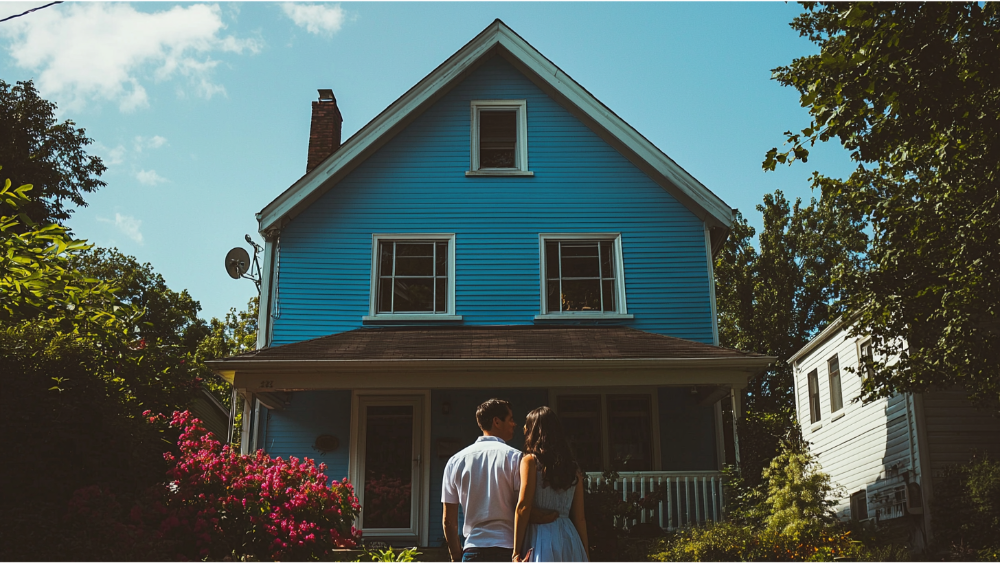
Which is more cost-effective, buying a new home or remodeling?
The answer to this question may vary depending on individual circumstances. It's important to carefully consider all financial implications and prioritize what is most important for your specific situation.
Can I save money by doing the renovation project myself?
While DIY projects may seem like a cost-saving option, they can also be risky and potentially end up costing more if not done properly. It's best to consult with professionals and get multiple quotes before making any decisions.
How do I determine my budget for a remodel or buying a new home?
It's important to research and gather information about potential costs in your desired area or for the type of remodel you are looking to do. It's also helpful to consult with financial advisors or real estate agents for guidance on creating a realistic budget based on your income and expenses.
Conclusion
In conclusion, there are many financial implications to consider when deciding whether to remodel your current home or buy your dream home. It's important to carefully research and prioritize your needs and preferences in order to make the best decision for yourself and your family. Ultimately, the goal is to create a comfortable and personalized living space that fits within your budget.
So, it is essential to weigh all options before making a decision based on cost alone. Whether you choose to remodel or buy a new home, it's important to carefully plan and budget for any potential expenses that may arise along the way. With proper planning and consideration of all factors, you can create the perfect living space for you and your family




